Learning how to build backlinks for ecommerce is one of the most important factors in helping your store rank higher on search engines. Backlinks from trusted websites signal credibility to search engines, boosting your rankings, traffic, and sales. The good thing is that you do not need any technical expertise to get started. We will walk through the process step by step, breaking it down into simple and actionable ideas that you can easily apply to grow your online presence.
Why Backlinks For Ecommerce Is Important
Backlinks are links from other websites that lead people to your store. Using backlinks boosts your site’s trust and value on search engines. The more quality backlinks you build, the easier it is to rank higher for the keywords you want. In eCommerce, SEO performance can decide whether your store gets stuck on page five or shows up at the top of search results. Higher rankings bring more people to see your products, visit your store, and buy from you. Whether you sell handmade goods or dropship tech items, backlinks are a key part of long-term growth. Now, let’s go through the steps to build backlinks for your eCommerce store.
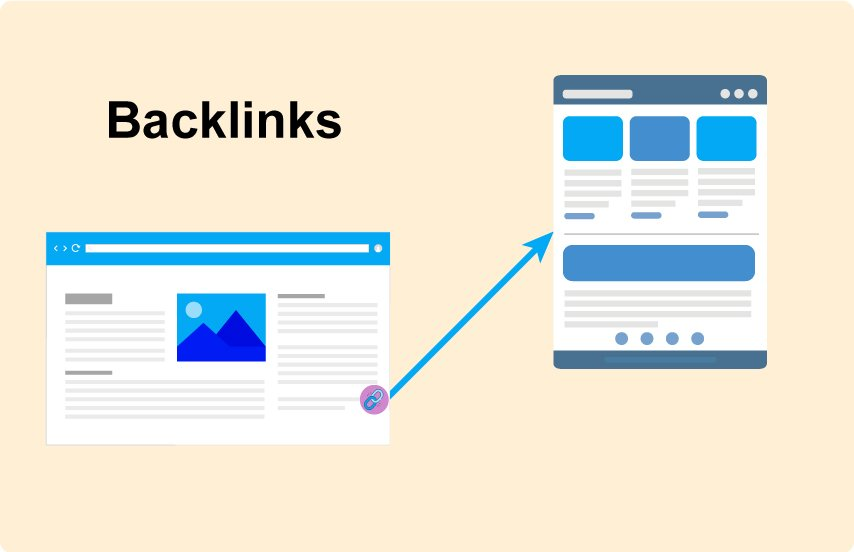
Guide: How To Build Backlinks For Ecommerce
Before building backlinks, make your store worth linking to by ensuring a fast, mobile-friendly site with clear product pages and useful content. Use tools like Ahrefs, Moz, or Ubersuggest to analyze your current backlink profile and prepare for your outreach strategy.
After finishing the first initial step, you can move on to the following lists for how to build backlinks for ecommerce here:
Step 1: Prepare your store to earn links
Before you start building backlinks, you should prepare your store to attract and keep visitors. Make sure product pages are complete with clear descriptions, quality images, and customer reviews. Add valuable content like blogs, guides, or resources to give people a reason to link to your site. Just as important, keep your store SEO-friendly: fast-loading, mobile-ready, and easy to navigate.
Step 2: Create insightful articles
People link to content they find valuable, not just products. By that, creating blog posts, guides, or tutorials solves problems or teaches something new. For example, a fitness store could publish a home workout guide. You can also use gift guides, research, or infographics to attract backlinks. Content that informs, entertains, or provides new insights is much more likely to be referenced by other sites.
Step 3: Identify potential link opportunities
Once you have valuable content, it is time to identify where you can earn backlinks. Start by looking for relevant directories within your industry. Local directories are also important. Make sure your store is listed on platforms such as Google Business Profile, Yelp, and Bing Places. In addition to directories, seek out blogs and media outlets in your niche. Use tools like Ahrefs or SEMrush, or simply do Google searches to find websites that have linked to similar businesses. Keep track of these opportunities as you go.
Step 4: Build a referral program
Partner with influencers and bloggers to generate strong backlinks. Research creators in your niche who have an engaged audience on Instagram, YouTube, TikTok, and niche blogs. Reach out directly and offer value such as a free product to review, an exclusive discount for their followers, or an invite to your affiliate program. These collaborations often bring product mentions and backlinks on their websites or blogs.
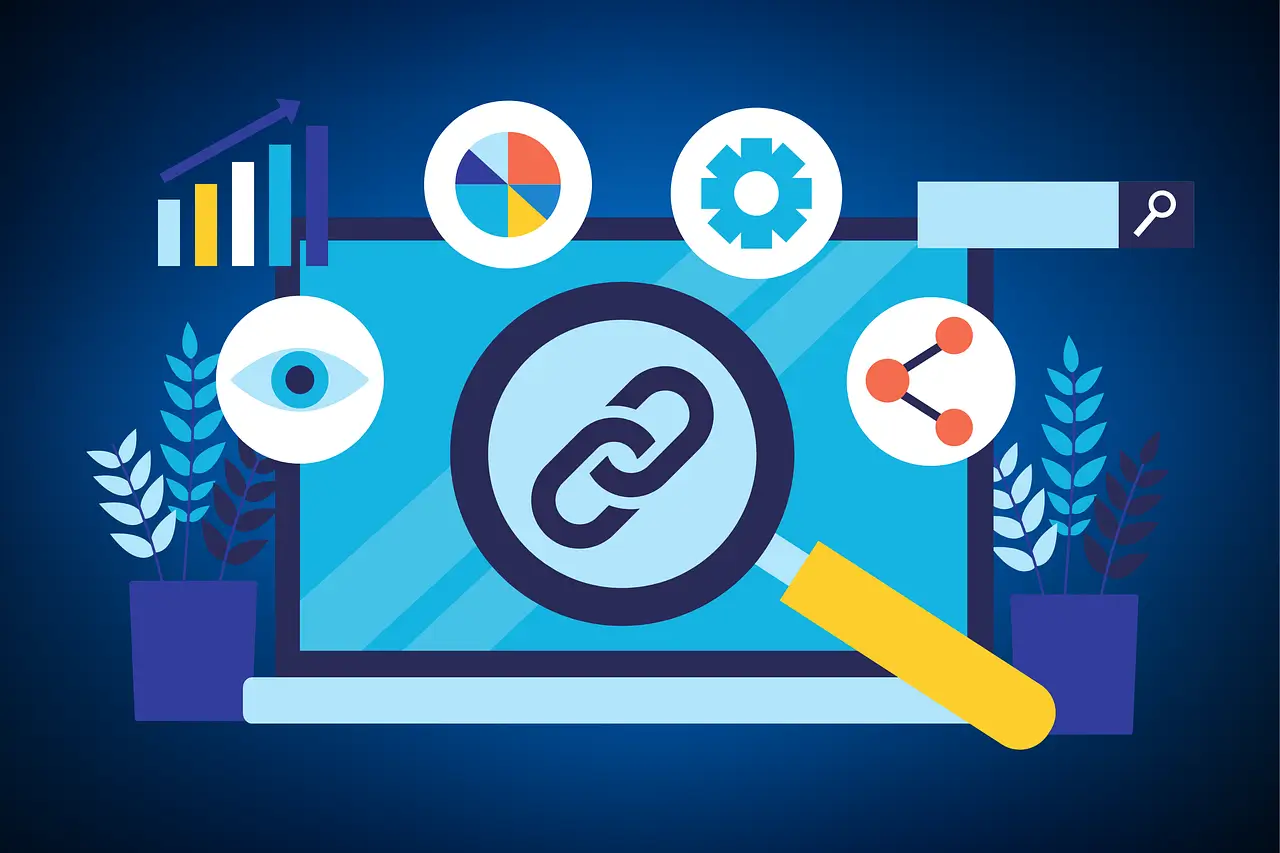
Step 5: Write guest posts for relevant websites
Guest posting builds backlinks and credibility while reaching new audiences. Find relevant blogs, pitch valuable topics, and write quality articles. Include a natural link in the content or author bio. Consistent posting boosts authority and drives referral traffic.
Step 6: Get your store listed in relevant directories
You can build backlinks and increase your store’s visibility by adding it to directory listings. Start with general platforms like Google Business Profile, Yelp, and Bing Places. Then look for directories in your niche. For instance, fashion brands can join ethical fashion directories, while health-focused brands can use wellness directories.

Step 7: Leverage business partnerships to build links
Use your existing business relationships to gain valuable backlinks. Contact your suppliers, partners, and collaborators, and ask them to feature your store on their website in a retailer list or partner section. Offer to showcase them on your site in return or run a joint promotion. You can also create joint content like interviews or blog posts that naturally includes backlinks for both sides.
Step 8: Earn media mentions through public relations
Media mentions give you some of the most authoritative backlinks. Respond to journalist requests on platforms Help a Reporter Out where writers look for expert quotes or product recommendations. Send press releases when you launch a new product, hit a milestone, or host an event. Pitch unique brand stories directly to media outlets and industry blogs to earn valuable mentions and links.
Step 9: Track your progress and refine your strategy
After building backlinks, track progress and adjust your strategy. Use Google Search Console to see which sites link to you, and rely on tools like Ahrefs, SEMrush, or Moz for deeper insights. Focus on the tactics that deliver the best results, since link building works best with consistency.
You can turn unlinked brand mentions into backlinks by reaching out politely. Make sure your site is linked from social media bios, business profiles, and relevant forums. Strengthen internal links by connecting blogs, product pages, and collections. You can keep an eye on which sites are linking to you and tracking the SEO impact using tools like Google Search Console and Ahrefs.
Monitor both backlinks and their impact on rankings and traffic. Identify which links bring referral traffic and build more partnerships with those sites. Avoid risky practices like buying backlinks, spamming comments, or over-optimizing anchor text. Stick to natural, high-quality backlinks to protect and grow your eCommerce store.
Extended Insights: Build Backlinks with SearchPie!
1. Basic Information: SearchPie: SEO, Speed & Schema
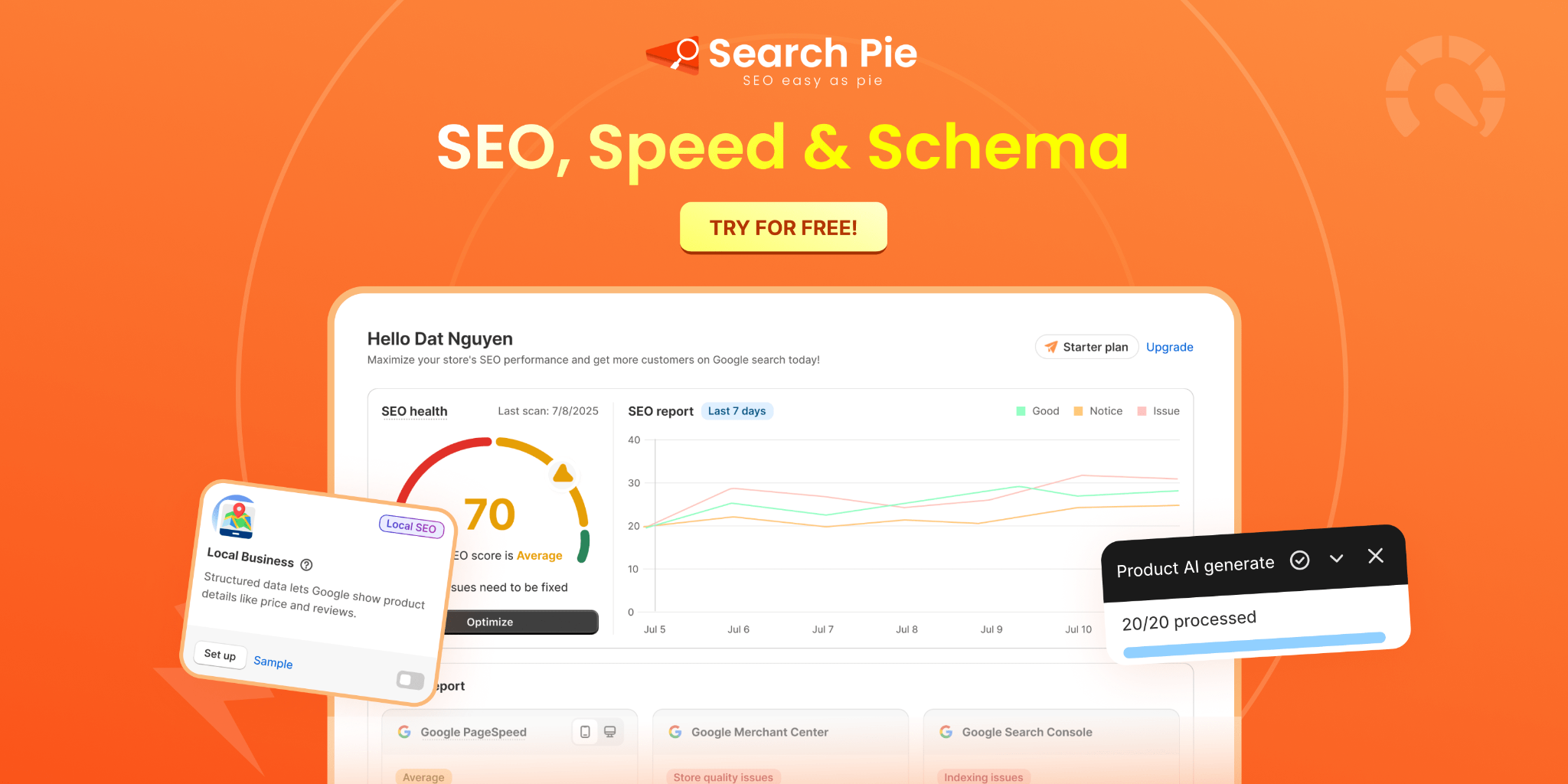
With SearchPie: SEO, Speed & Schema, you can easily build backlinks for ecommerce business, specifically on Shopify. Not only does SearchPie provide the necessary SEO tools to prepare your store for backlinks building, it also wraps up the steps you see in the guide in one app. SearchPie provides the perfect tool to keep track of your backlinks, send backlink articles to your desired store site and guest posts from others.
Install Now2. Optimize Google Authority by Backlink management with SearchPie

With Google Authority section, SearchPie can help store owners build stronger SEO performance. This feature makes backlink outreach easier, saves time, and boosts your store’s Google authority.
How to access: Go to Google Authority → Backlink in your SearchPie dashboard.
What you’ll see: A list of Shopify websites with their domain, category, submitted articles, accepted articles, and backlink status. You can also submit new articles directly.
How it helps:
- Find high-quality backlink opportunities from relevant Shopify stores.
- Track submission and acceptance status of your guest posts.
- Improve domain authority, search rankings, and referral traffic through verified backlinks.
Conclusion
Backlinks remain one of the strongest ways to increase visibility and grow your eCommerce business. Focus on strategies that fit your brand and audience, and avoid spammy shortcuts that risk penalties. Invest in genuine outreach, valuable partnerships, and content people want to share. With consistency, your backlinks will boost rankings, credibility, and long-term growth. Here’s a simple path to building backlinks for eCommerce. For more insights and actionable SEO strategies, follow the SearchPie blog and stay ahead in search.


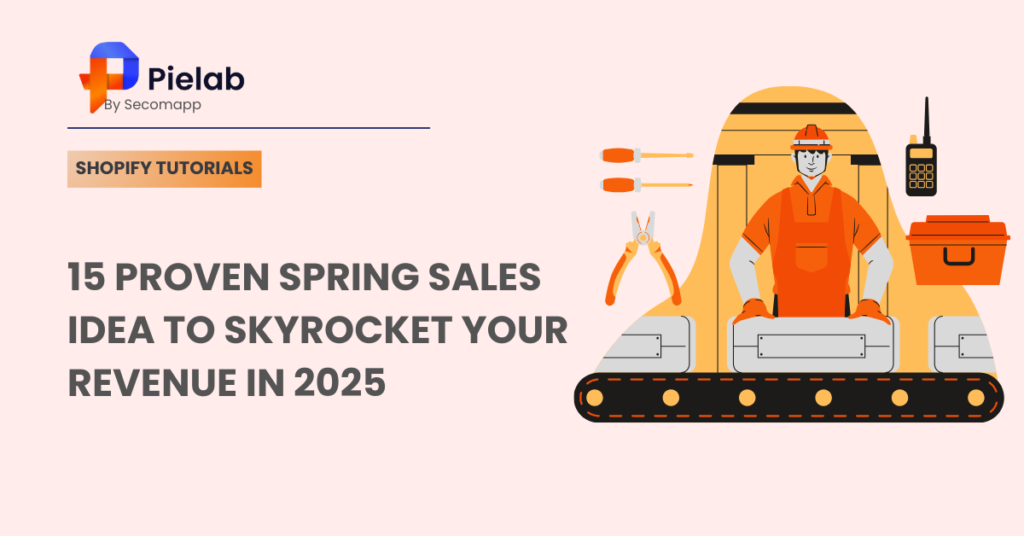
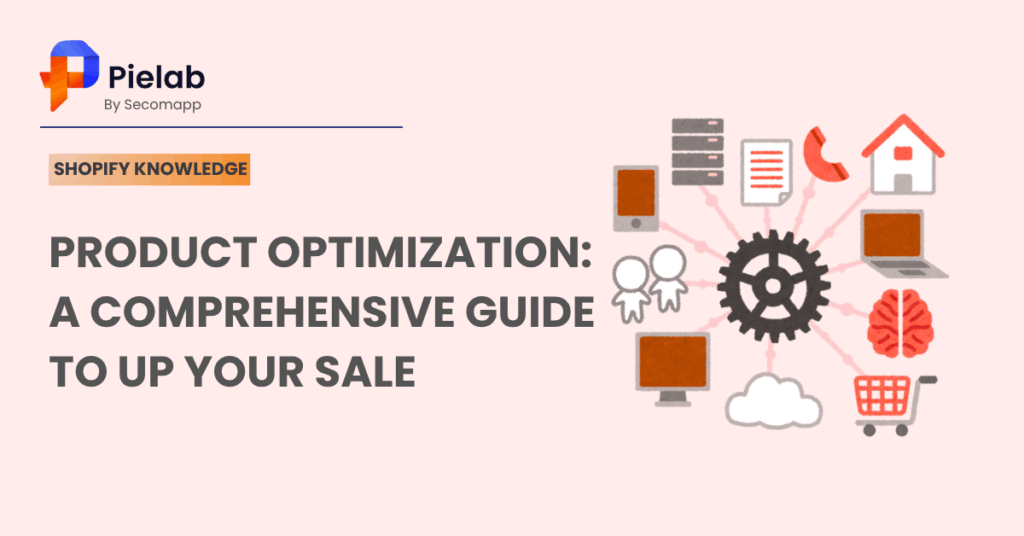





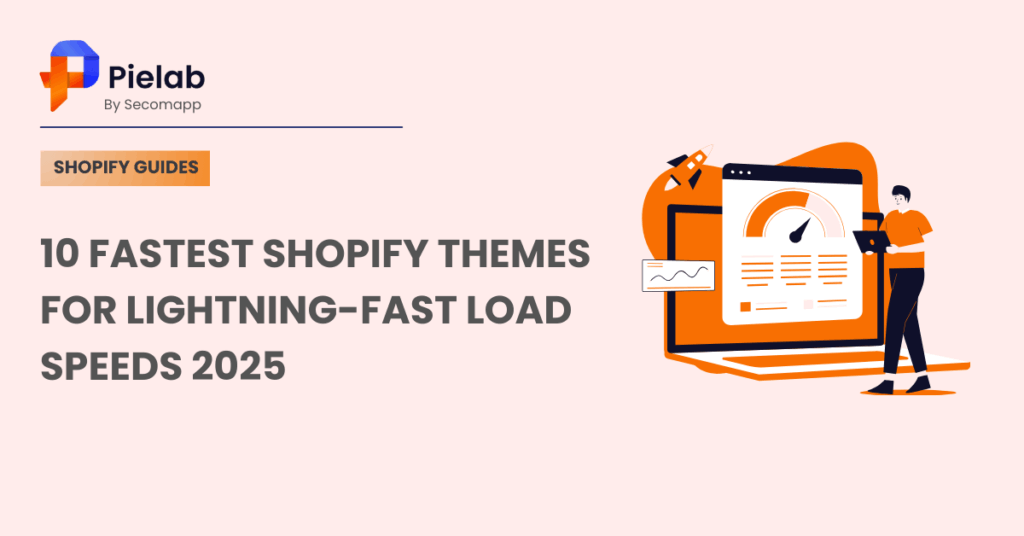
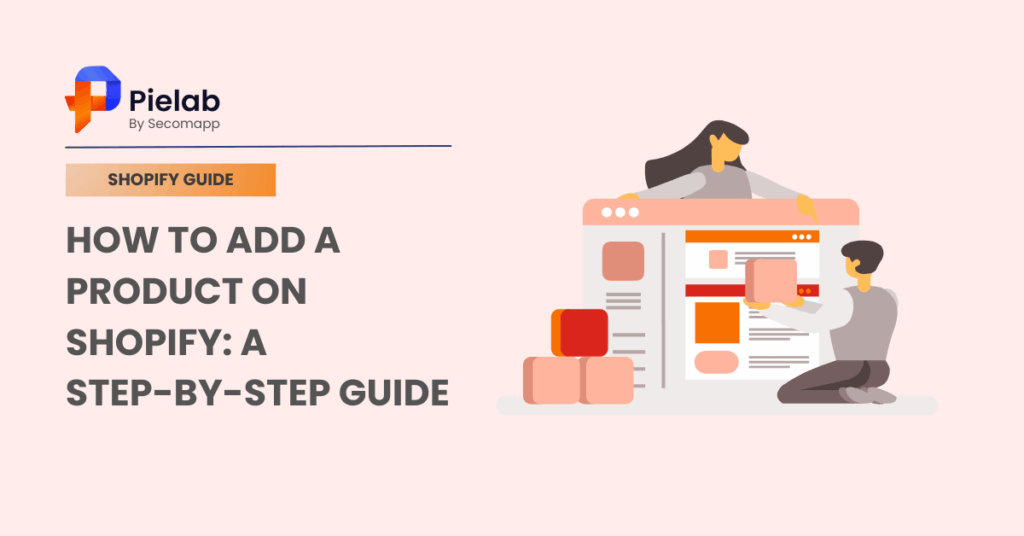

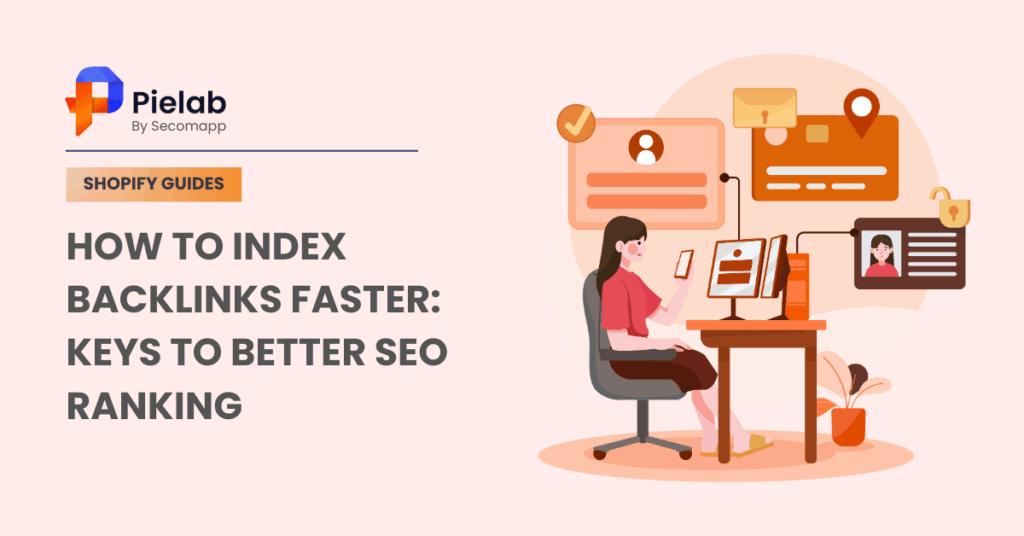

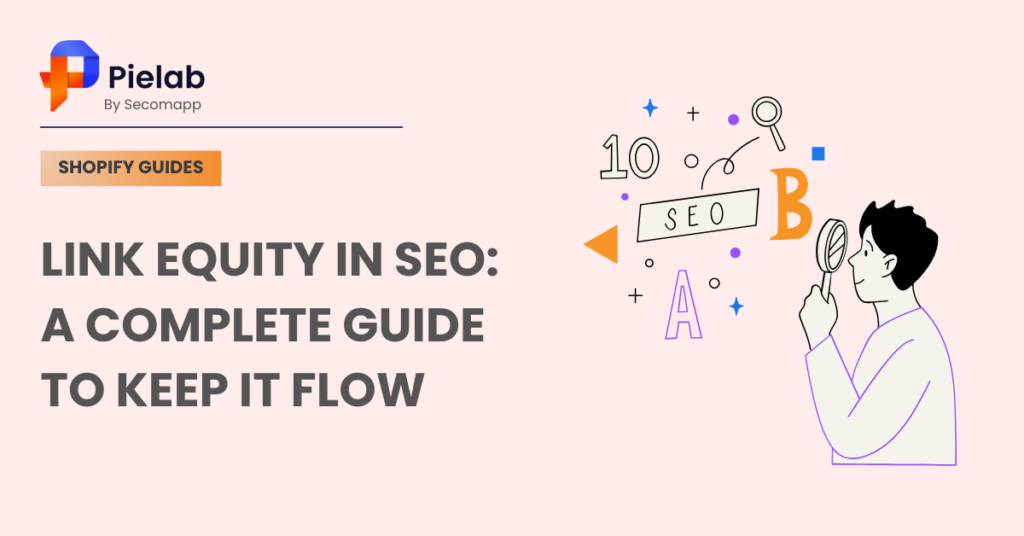
Pingback: These Are The 5 Best Link Building Companies You Should Be Using To Grow Your eCommerce Business - Online Business School